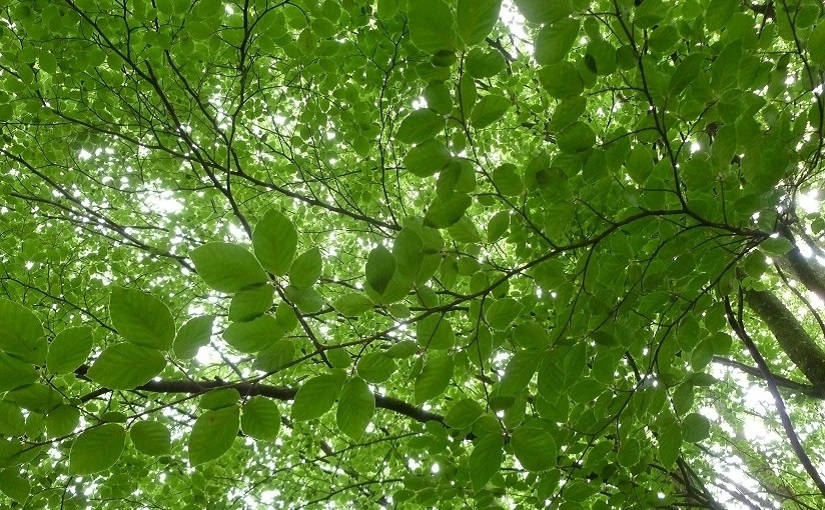The extent to which local communities are changing, fading, or dying out is a topic that surfaces fairly often: as modern life shifts towards remote and essentially invisible networks, the local structures that once supported everyday life now strain to compete. Where does that lead, and in what ways could community evolve to remain a part of how we live?
Faced with modern business practices and the countless ways technology’s transforming how we communicate, relate, and lead our lives the geographical locations we occupy are inevitably changing (see Notes One).
Infrastructure, after all, reflects the functions assigned to it and the ways we interact with one another and what’s provided. Local services and businesses grow out of government policy and modern economics, as well as the initiative of those seeking to make a living or fulfil needs within their community.
With so much being run through the online world, independent businesses are naturally struggling to stand up against the convenience, organisation, and competitive pricing of powerful commercial operators. And the allure of what’s being offered, along with how it’s packaged within modern culture and advertising, of course appeals to our desire to belong and benefit; but at what cost?
I mean, local communities presumably developed to meet needs; evolving out of local concerns, industries and individuals to offer services around food, education, employment, and other social or cultural functions. Little centres of life, human interaction, and meaningful work. That was life.
Now, so much is streamlined as local life blends into this increasingly global culture of business and branding. As a business model, that’s probably great; but what does it mean for us? What will it mean if local community disappears in that way, becoming an essentially commercial culture instead?
In many ways it might already be redundant to pose such questions, as these things may be almost impossible to resist; but it still seems important to ask.
If community offered meaning, belonging, and a relationship to others and to environment then that must’ve shaped people; telling us our worth in the eyes of others and showing the contributions we all make to our shared existence (Notes Two). It seems there was once a great deal of meaning woven through community. Much, of course, was the legacy of different times; but not all needs discarding.
In “New Renaissance”, Maurice Ash addressed this idea of the meaning inherent in community and how politics “must concern the forms of everyday life … a politics of community, of patterns that hold people together”. “The Spirit of Community” also explores how community can serve to sustain social values.
It’s a subject that can be approached from a personal perspective as much as a commercial or philosophical one, and in every case it seems important: we live within a social, environmental and economic environment and the way we live either brings all that into awareness so we act responsibly, or conceals it. Old practices may be falling away, but surely meaningful structures can replace them.
Notes and References:
Note 1: The challenge of community
Note 1: Community – what it was, what we lost
Note 1: Nature tells a story, about society
Note 2: Mirrors we offer one another
Note 2: “Ecological Intelligence”

